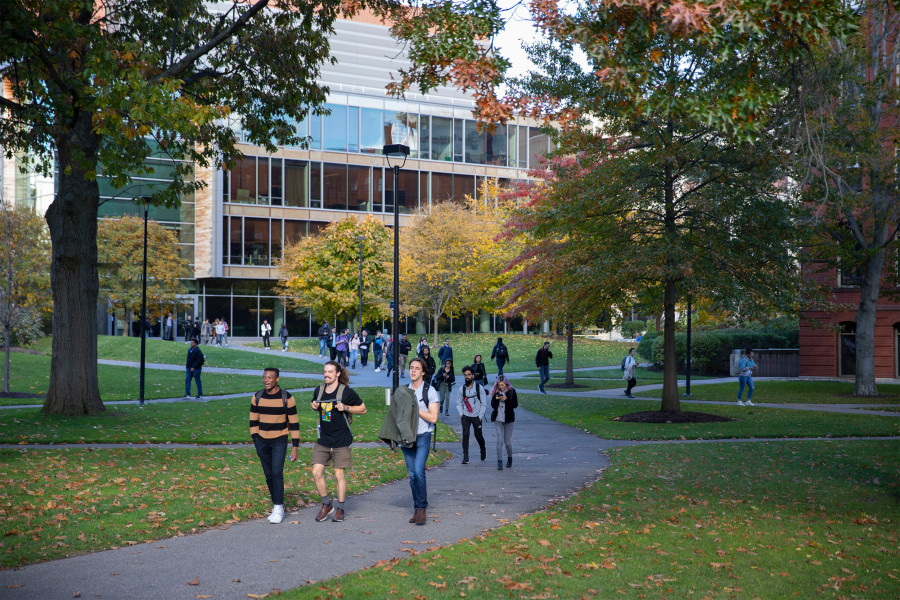Actualité
-
-
Launch of pioneering Ph.D. program bolsters Harvard’s leadership in quantum science and engineering
In the middle of the 20th century, mathematicians, physicists, and engineers at Harvard began work…
-
MBA – Tech Companies That Won the Pandemic Are Snapping Up M.B.A.s
Amazon, Zoom and others swoop in with job offers as some of the biggest traditional…
-
Black LinkedIn Is Thriving. Does LinkedIn Have a Problem With That?
One day in September, Elizabeth Leiba opened the LinkedIn app and saw a post by…
-
Visite gratuite (en ligne) de la prestigieuse université Harvard!
Virtual Historical Tour of Harvard – Cliquez ici pour en savoir plus.
-
USA – ICE Agrees To Rescind Policy Barring Foreign Students From Online Study In The U.S.
In a swift reversal, the Trump administration has agreed to rescind a directive that would…
-
USA – Refus des visas aux étudiants étrangers : La Californie attaque la décision en justice
Après l’Université de Harvard, le MIT, l’Etat de Californie a déclaré vouloir poursuivre l’administration Trump…
-
Harvard Graduate School of Education (HGSE) will be offering a fully online experience during the 2020-21 academic year!
A message to incoming and continuing students Dean Bridget Long June 3, 2020 I am…
-
Making a place for herself
Mahlet Shiferaw loved astronomy and physics, but had to overcome feeling like an outsider in…
-
Harvard Graduate School of Education (HGSE) online Master’s degree
Last week, Dean Bridget Long announced HGSE’s difficult decision to deliver a fully online learning…
